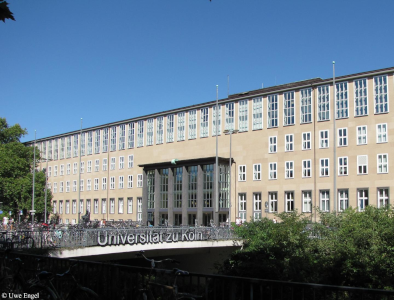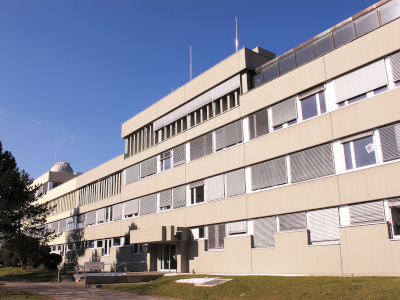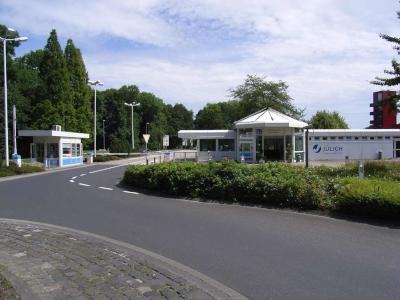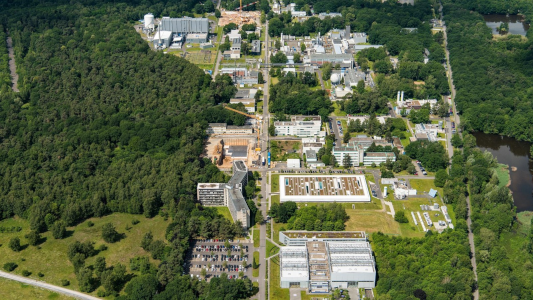Dynaverse is a new Cluster of Excellence initiative of the Universities Cologne and Bonn, the Forschungszentrum Jülich, the Max Planck Institute for Radio Astronomy, the German Aerospace Center and the Heidelberg Institute for Theoretical Studies.
The University of Cologne (UoC) is one of the oldest and largest universities in Europe. Due to its outstanding scientific achievements and the high quality and diversity of its degree programmes, it enjoys an excellent international reputation. The UoC’s mission is to create, preserve and impart knowledge, to offer its students and early-career academics outstanding academic education, to qualify them for both academic and professional careers, to promote cutting-edge research and to drive innovation while focusing on the constantly changing needs and challenges of today’s society.

As one of the best research-led universities in Germany with an international reputation as a leading institution of research and teaching, the University of Bonn plays host to a number of prize-winning researchers spread across a range of disciplines. Its’ two hundred year history of academic excellence is based on a number of simple yet effective elements: high-quality academic research, a research-led teaching curriculum, the international flair of Bonn as the German city of the United Nations. The location in the Rhineland is a highly-networked region of academic excellence and a region providing a high quality of life.

The institute was founded in 1966 by the Max-Planck-Gesellschaft as the “Max-Planck-Institut für Radioastronomie” (MPIfR). Radio astronomy is the main area of research. The activities of the institute encompass the whole area of astronomical observations throughout the electromagnetic spectrum. Theoretical Astrophysics is an additional research field.

Conducting research for a changing society: This is what drives the Forschungszentrum Jülich. As a member of the Helmholtz Association, it aims to tackle the grand challenges of our times. How can one make a success of the energy transition and mitigate the effects of climate change? What challenges are emerging due to the increasing digitization of our society? Will one succeed in understanding the human brain? And how can one facilitate the transition to a bio-based sustainable economy? With more than 7,000 colleagues and one of Europe’s biggest research centres that help to making a contribution to solving societal challenges.

DLR is the German aerospace research and technology centre. In its core areas, DLR develops technologies for aeronautics and space, energy and transport, as well as security and defence research. A broad spectrum of results and innovations bring benefits for industry and business, authorities and administration as well as for public stakeholders. The DLR fulfils its responsibility to society through an intensive exchange of knowledge and targeted technology transfer.

The Heidelberg Institute for Theoretical Studies was established in 2010 by the physicist and SAP co-founder Klaus Tschira (1940-2015) and the Klaus Tschira Foundation as a private, non-profit research institute. It conducts basic research in the natural sciences, mathematical and computer sciences. Major research directions include complex simulations across scales, making sense of data, and enabling science via computational research. Application areas range from molecular biology to astrophysics. An essential characteristic of the Institute is interdisciplinarity, implemented in numerous cross-group and cross-disciplinary projects.

![]()

